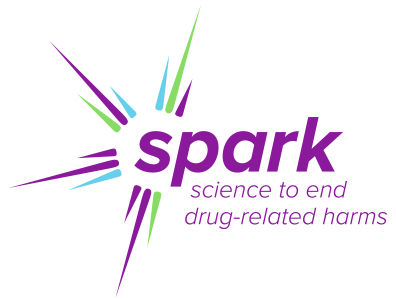Title: INHIBITING P13K P110B TO BLOCK COCAINE-INDUCED HABITS AND DRUG SEEKING
Project Number: 5R01DA044297-02
Contact PI / Project Leader: GOURLEY, SHANNON LEIGH
Awardee Organization: EMORY UNIVERSITY
Abstract Text:
SUMMARY PI3-kinase (PI3K) is a membrane-associated signaling complex that phosphorylates phosphoinositides, second messengers that regulate neuronal development, survival, and plasticity. In 2002, Izzo et al. reported that intraventricular PI3K inhibition blocks the expression of cocaine-induced psychomotor sensitization (Nature Neurosci.). Subsequent studies indicated that repeated cocaine exposure can increase PI3K activity in the medial prefrontal cortex (mPFC). Nevertheless, causal relationships between mPFC PI3K and cocaine- induced behavioral sequelae remain unconfirmed. We will directly manipulate the PI3K subunit p110β to mitigate stimulus-elicited habits following cocaine. p110β is one of the four PI3K catalytic subunits, and it is highly expressed throughout postnatal development and in adulthood. We find that reduction of Pik3cb, encoding p110β, broadly throughout the mPFC blocks stimulus-elicited habits and locomotor sensitization following cocaine exposure during adolescence or young adulthood. These are periods of considerable drug experimentation in humans. In Aim 1, we will use viral-mediated gene silencing to identify specific mPFC subregions responsible for the “protective” consequences of Pik3cb inhibition. One widely-reported consequence of repeated cocaine exposure is an imbalance in dopamine receptor- mediated signaling, favoring D1-family Gs-coupled, at the expense of D2-family Gi-coupled, systems. D1 stimulation activates PI3K and is a likely mechanism by which psychostimulants strengthen habit-based behavior. Overexpression of Drd1 in the mPFC decreases D2 expression in the downstream striatum, suggesting that normalization of mPFC D1-mediated signaling following cocaine could engage striatal D2 systems. In Aim 2, we will test the hypothesis that Pik3cb inhibition in the mPFC creates a permissive environment for dorsomedial striatal D2-dependent goal-directed response strategies. Cocaine can induce activity-dependent dendritic spine proliferation in the mPFC. Meanwhile, inhibiting PI3K p110β can normalize aberrant dendritic spine proliferation in models of Fragile X Syndrome. Thus, inhibiting p110β could conceivably correct cocaine-induced spinogenesis. Further, PI3K p110δ and γ regulate RhoA GTPase-dependent neuronal contraction and NMDA receptor-dependent long-term depression, respectively. In Aim 3, we will test the hypothesis that inhibiting p110β and δ will correct dendritic spine densities and block habits following cocaine, while p110γ inhibition could exacerbate cocaine’s influence. Our findings indicate that p110β blockade confers certain behavioral resiliencies to cocaine. The proposed studies will crystallize anatomical mechanisms and cyto-structural consequences. Knowledge gained from these experiments could advance treatment strategies for drug use disorders, given that subunit-selective inhibitors may have more favorable clinical profiles than broad-spectrum PI3K blockade.
